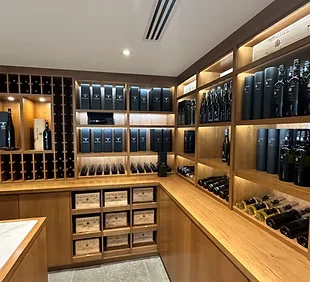
Wine is a living, breathing investment that requires precise environmental conditions to mature gracefully. Without proper storage, even the finest bottles can deteriorate into expensive vinegar. This is where cellar climate control becomes essential for any serious wine collector or enthusiast.
Understanding Wine Spoilage: The Enemy of Your Collection
Wine spoilage occurs when bottles are exposed to unfavorable conditions that accelerate chemical reactions, bacterial growth, or physical damage. The primary culprits include:
Temperature fluctuations that cause expansion and contraction
Excessive heat that speeds up aging and creates cooked flavors
Low humidity that dries out corks, allowing oxygen infiltration
High humidity that promotes mold growth and label deterioration
Light exposure that breaks down delicate compounds
Vibrations that disturb sediment and aging processes
Each of these factors can transform your prized bottles into undrinkable disappointments. Fortunately, modern wine cellar cooling systems are designed to eliminate these threats.
The Science Behind Cellar Climate Control
Cellar climate control operates on a simple principle: maintain constant temperature and humidity levels that mimic the natural conditions of underground wine caves in regions like Burgundy or Bordeaux.
The ideal wine storage environment maintains:
Temperature between 12-14°C (54-57°F)
Humidity levels between 60-70%
Minimal vibration and light exposure
Adequate air circulation without drafts
Professional wine cellar cooling units achieve these conditions through specialized refrigeration technology that differs significantly from standard air conditioning systems. Unlike regular AC units that remove humidity and create temperature swings, dedicated cooling systems preserve moisture while providing consistent cooling.
How Wine Cellar Cooling Systems Prevent Spoilage
Temperature Stability Prevents Premature Aging
Temperature consistency is perhaps the most critical factor in wine preservation. When temperatures rise above 18°C (65°F), wine ages more rapidly, developing cooked or stewed flavors. Conversely, temperatures below 7°C (45°F) can slow aging to a crawl and may cause crystallization in some wines.
Wine cellar cooling units maintain precise temperature control within a narrow range, preventing the thermal shock that damages wine structure. This stability ensures your bottles age at the intended rate, developing complexity rather than deterioration.
Humidity Control Protects Cork Integrity
Cork is a natural, porous material that requires moisture to maintain its seal. When humidity drops below 50%, corks begin to dry out, shrink, and allow oxygen to seep into bottles. This oxidation turns wine brown, flat, and vinegar-like within months.
Quality wine cellar cooling systems incorporate humidity management features that maintain optimal moisture levels. Some advanced units, like those from Winemaster Fondis, include built-in humidifiers or can be paired with external humidity control devices to ensure corks remain supple and airtight.
Consistent Airflow Prevents Mold and Stagnation
Stagnant air in wine cellars creates pockets of excessive humidity where mold thrives. Mold not only damages labels but can also penetrate through corks and contaminate wine with musty, unpleasant flavors known as "cork taint."
Modern cooling systems provide gentle air circulation that distributes cool air evenly throughout your cellar without creating drafts that might disturb sediment in aging bottles. This balanced airflow keeps humidity distributed and prevents microbial growth.
Choosing the Right Wine Cellar Cooling Solution
Professional-Grade Systems
For serious collectors, investing in professional fondis wine cellar cooling units ensures long-term protection. These systems are engineered specifically for wine storage, offering:
Precise temperature control with digital thermostats
Quiet operation that minimizes vibration
Energy efficiency for lower operating costs
Durability designed for continuous operation
Humidity preservation unlike standard AC units
Winemaster Australia is a leading provider of premium cooling solutions, offering systems scaled for cellars ranging from small residential spaces to large commercial installations. Their units are trusted by collectors who understand that protecting rare vintages requires specialized equipment.
Sizing Your System Correctly
An undersized cooling unit will struggle to maintain consistent temperatures, running continuously and wearing out prematurely. An oversized unit will short-cycle, creating temperature fluctuations and humidity problems.
Working with specialists like Kings Winehaus ensures you select appropriately sized equipment based on:
Cellar volume and insulation quality
Geographical climate conditions
Door opening frequency
Number of bottles stored
Desired temperature range
Installation Considerations
Proper installation is crucial for optimal performance. Wine cellar cooling systems require:
Adequate ventilation for heat dissipation
Proper electrical supply to handle system demands
Insulated cellar construction to minimize cooling load
Vapor barriers to prevent moisture infiltration
Professional commissioning to verify correct operation
Many homeowners discover that DIY installations fail to provide adequate climate control because of overlooked details like insufficient insulation or improper drainage for condensation.
Maintenance: Protecting Your Investment
Even the best cellar climate control systems require regular maintenance to function optimally:
Filter cleaning or replacement every 3-6 months prevents restricted airflow
Condenser coil cleaning annually maintains efficiency
Drain line inspection prevents water backup and humidity issues
Temperature and humidity monitoring catches problems early
Professional servicing every 1-2 years ensures long-term reliability
Neglecting maintenance is one of the most common reasons wine cellars fail to protect collections adequately.
The Cost of Inadequate Climate Control
Consider this: a single bottle of premium wine can cost hundreds or thousands of dollars. A collection of 500 bottles represents a substantial investment. When improper storage spoils your wines, you're not just losing beverages—you're watching significant financial value evaporate.
Professional wine cellar cooling units represent insurance against catastrophic loss. While initial investment might seem substantial, the cost pales compared to replacing spoiled bottles or discovering your collection has deteriorated beyond recovery.
Conclusion: Protection Through Precision
Preventing wine spoilage requires more than just keeping bottles in a cool space. It demands precision cellar climate control that maintains stable temperature, appropriate humidity, and optimal conditions 24 hours a day, 365 days a year.
Whether you're storing a modest collection or managing thousands of bottles, investing in quality wine cellar cooling systems from trusted providers like Winemaster Fondis and consulting with experts such as Kings Winehaus ensures your wines develop their full potential rather than deteriorating prematurely.
Your collection deserves nothing less than professional-grade climate control. After all, great wine is meant to be enjoyed at its peak, not ruined by preventable environmental damage.
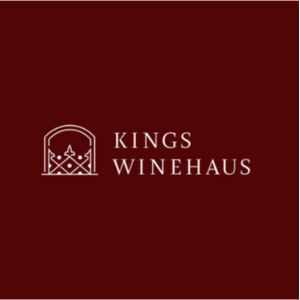
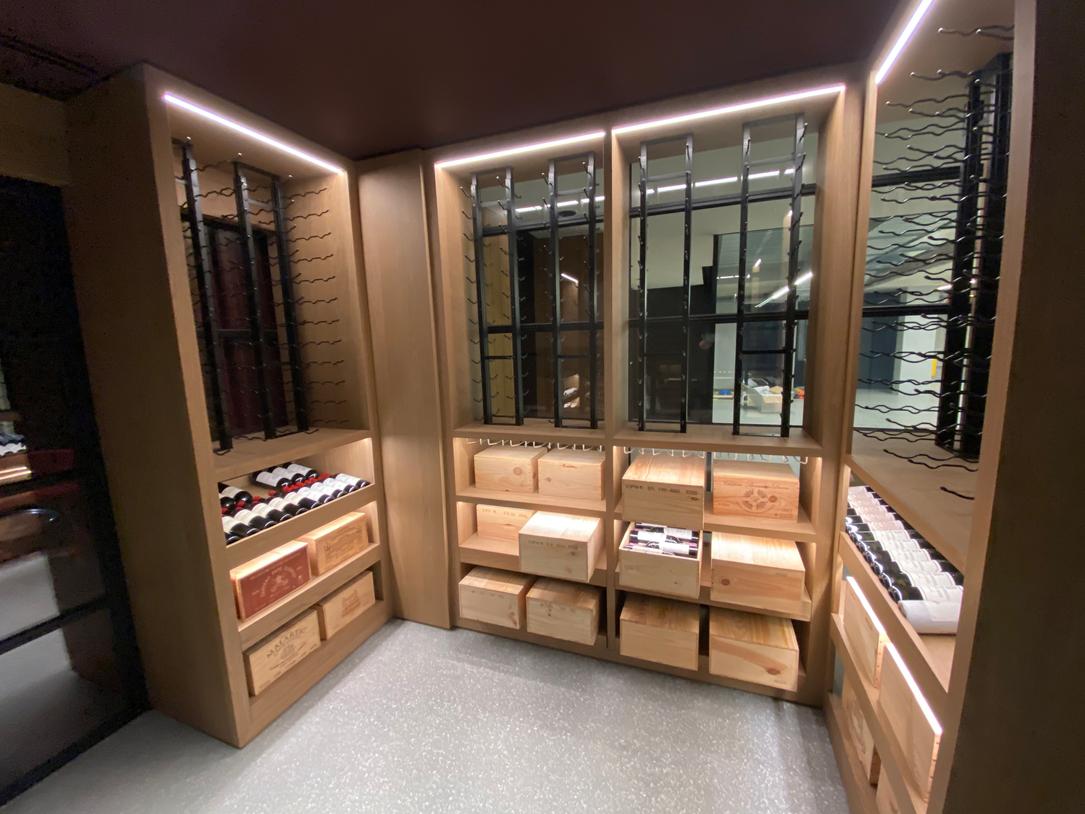
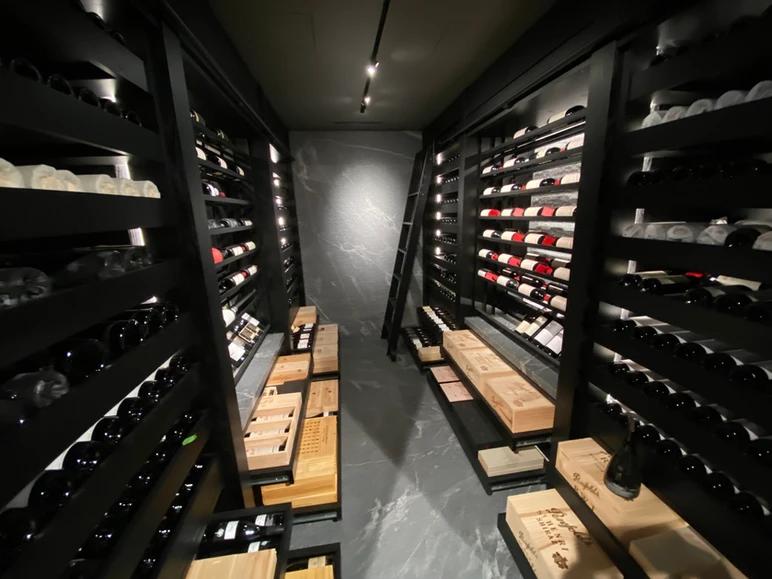
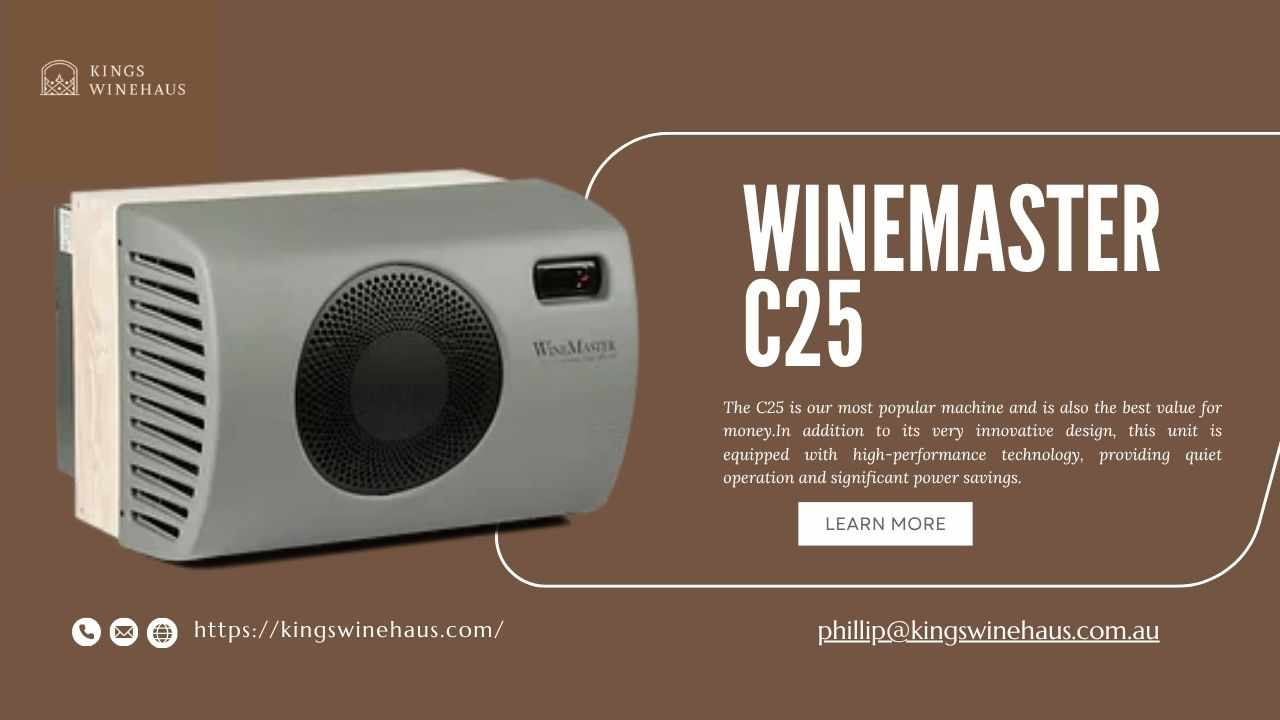
Write a comment ...